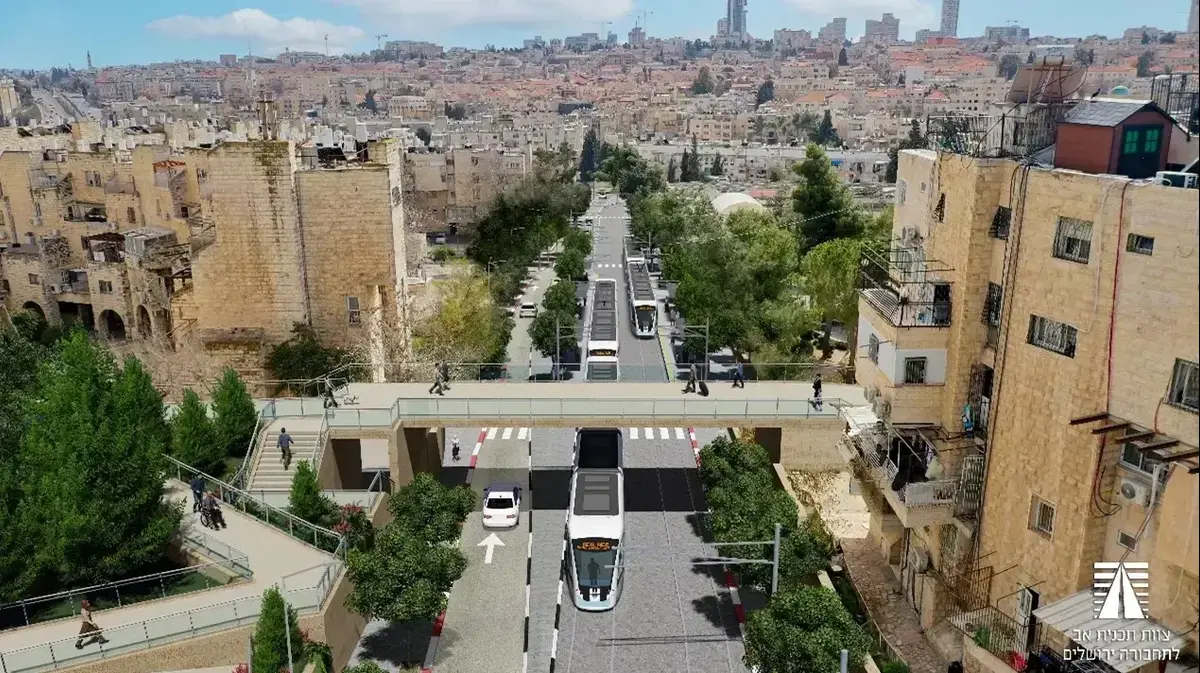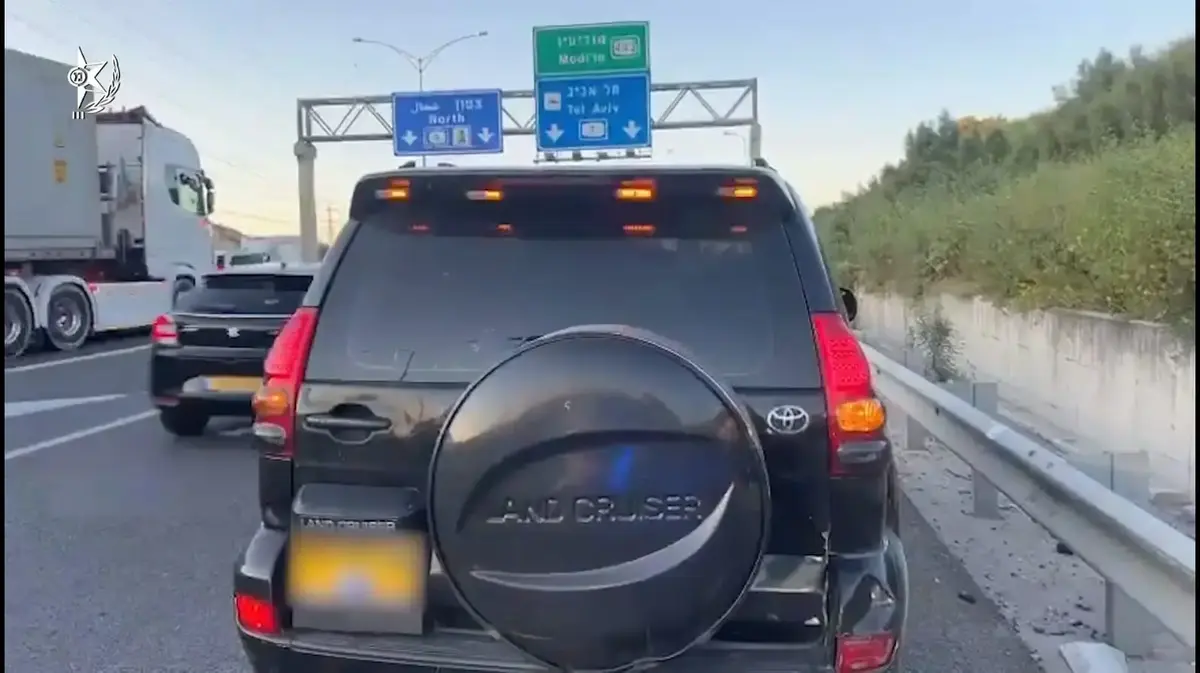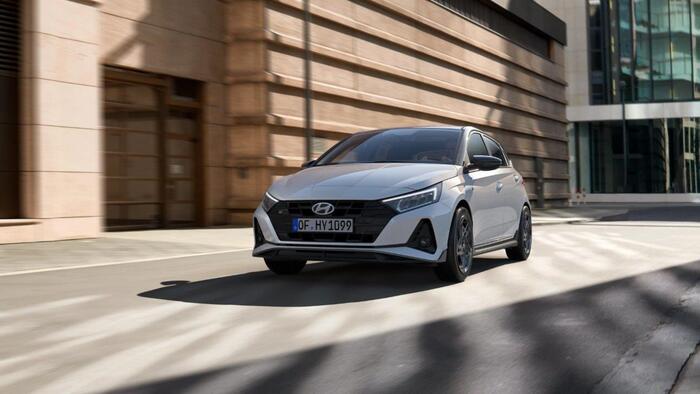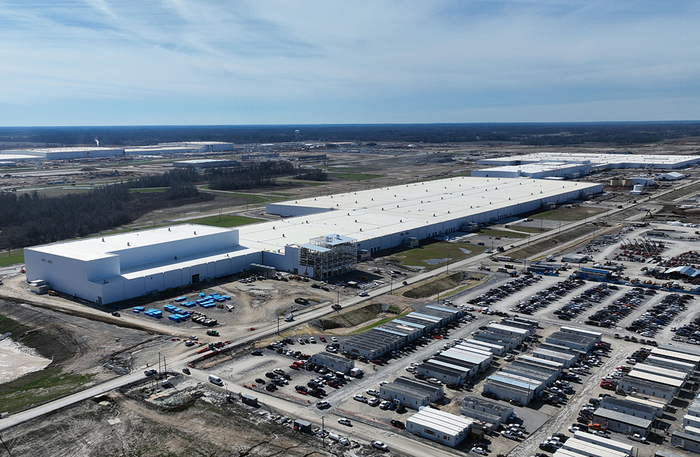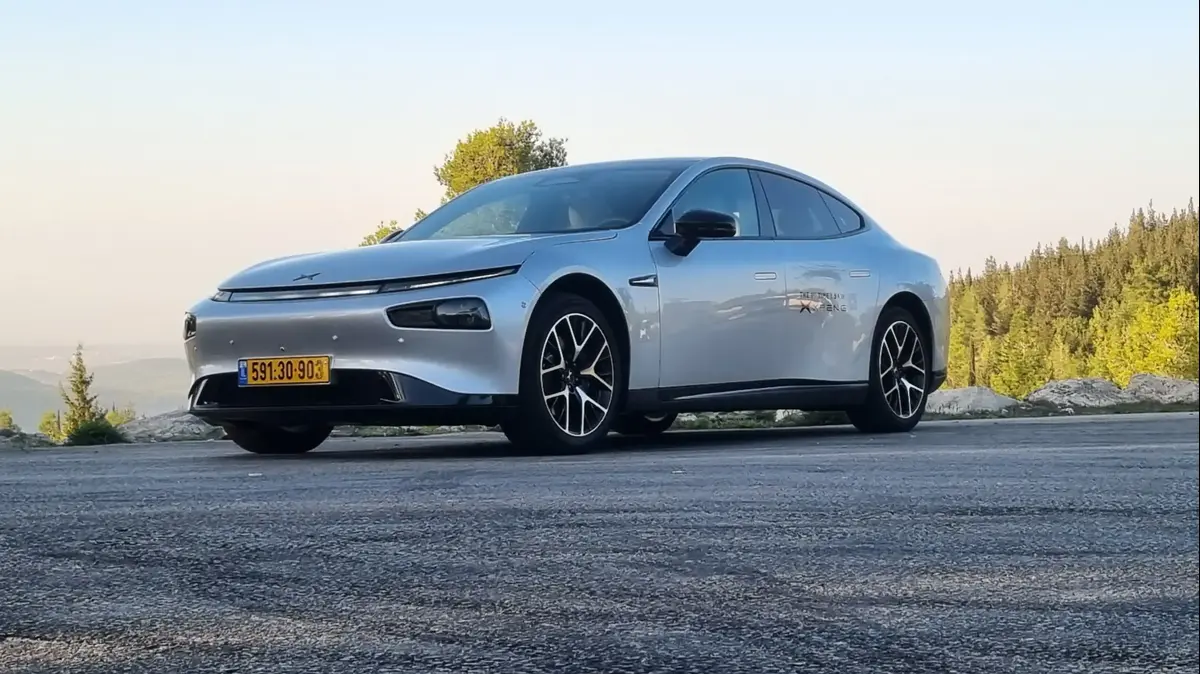The light blue line in Ma'at Dafna.
Four companies are competing for the project (Photo: Imaging: Ari Cohen, Architecture and Urban Planning)
Further progress towards the expansion of the light rail network in Jerusalem: the local committee for planning and construction approved another section of the future blue line, in the Shimon Hatzadik and Karl Neter section in northern Jerusalem.
This is a section about a kilometer long that will pass through the neighborhoods of Shmuel the Prophet and Ma'alt Dafna and will connect the blue line that runs through the city center and the light rail route that reaches Mount Scopus, between the existing red line and the future blue line, and will allow continuous travel between the south of the city and the north.
On the basis of the four routes in the network, the red, green, blue and purple, 8 different lines will be operated, which will combine travel on several sections of those routes.
This is because unlike the light rail in the center, the tracks of the Jerusalem train will be interconnected, so that trains can move from track to track, to create flexible lines according to demand.
The blue and light blue lines are scheduled to start operating in 2028.
Four groups are competing in the tender for its construction: Shapir-CAF, which already operates the red line and will operate the green, Shikhon and Binui, Skoda and Agad, Alstom, Electra and Allied, and Dan, Dania Sibus -COMSA.
The cost of the entire project: about NIS 10 billion.
The light blue line passes through an area that used to be secular, but has become alarmed in recent years.
Works on the Green Line in the nearby ultra-Orthodox Bar Ilan area are met with regular protests and attacks by extreme ultra-Orthodox who claim that the light rail will bring more secular people to the ultra-Orthodox areas and create "intrusions" as they define it.
The protests caused damages worth tens of millions of shekels and delayed the completion of the works for months.
The same parties are also opposed to the construction of three underground stations in the ultra-Orthodox area in the center of the city, and threaten to shut down the work there as well.
The Mayor of Jerusalem, Moshe Leon, said that "the Blue Line is part of the light rail network, the first and only mass transit system in the country, which upgrades the urban tissue, improves the quality of life in the city and reduces environmental nuisances arising from traffic congestion."
The director general of the master plan for transportation in the capital, Zohar Zoler, added that "the blue line joins the other lines of the light rail network.
It will provide a link between the green, red and blue lines.
The Blue Line will connect the Mount Scopus area to Malha through the city center, the station complex, Emek Refaim and Talpiot and will contribute to the usefulness and efficiency of the network which will ensure fast, clean and comfortable mass transportation."
The light blue line (marked with a circle) on the map of the light rail lines in the capital (photo: Ari Cohen, architecture and urban construction)
In the meantime, the Kafir company, owned by Shapir and CAF, continues operating the red line and works to replace the automatic ticket machines at the news stations, which will include new touch screens and the option to purchase an anonymous multi-line at a cost of NIS 5, and charge it with money for the trips.
This is instead of the disposable paper cards that are currently sold to those interested.
At the same time, the replacement of the technological systems installed by the previous concessionaire of the RCL, Citypes, continues. The works sometimes cause disruptions in the operation of the Red Line, mainly in the late evening but sometimes during the day. The Ministry of Transportation operates replacement bus lines during those hours, but their level of service is much lower. And Jerusalemites complain about the non-arrival of many of them. The works are a condition for the activation of the two extensions of the line in May, to Hadassah Ein Kerem and Neve Ya'akov.
vehicle
car news
Tags
The light rail in Jerusalem

